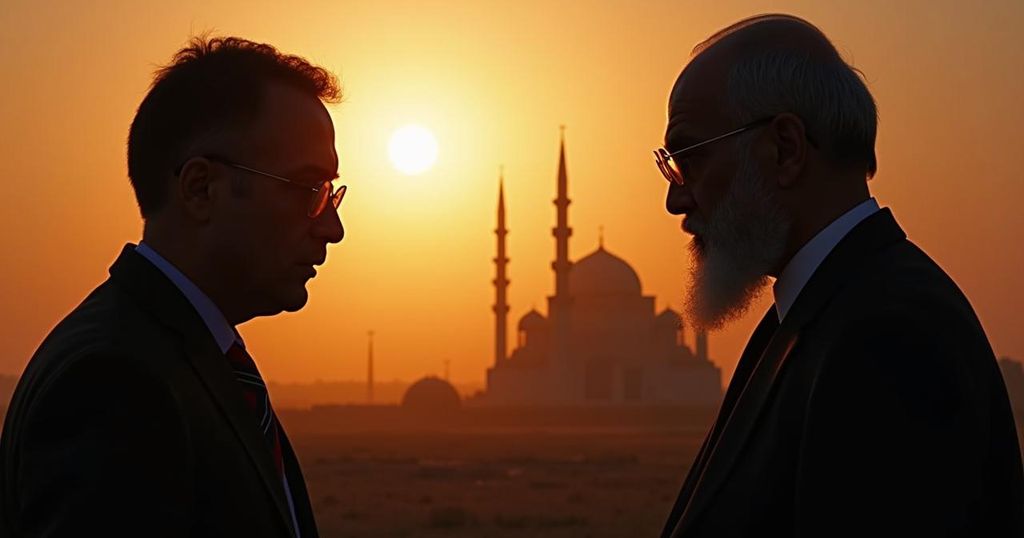Iran’s Response to Nasrallah’s Assassination: A Shift to Military Retaliation
The assassination of Hizbullah leader Hassan Nasrallah triggered a quick response from Iranian military leaders, leading to a significant missile strike against Israel. As the Iranian government grapples with internal pressures from hardliners advocating retaliation and external diplomatic challenges, the situation remains tense, with potential implications for regional stability and the future of Iranian foreign policy.
The assassination of Hizbullah leader Hassan Nasrallah by Israel marked a significant turning point for Iran, prompting urgent discussions among the country’s military and political leaders regarding an appropriate response. Following the election of reformist President Masoud Pezeshkian in July, the Iranian government had publicly advocated for restraint, even as Israeli aggression against Hizbullah intensified. However, in light of Nasrallah’s death, military leaders successfully argued that a decisive retaliation was necessary to maintain Iran’s standing in the region and reassure its allies. Consequently, Iran launched a ballistic missile strike against Israel, heightening tensions and risk of an outright conflict. Iran’s Supreme Leader, Ayatollah Ali Khamenei, faces a precarious situation balancing internal pressures for a strong response with the diplomatic overtures he previously extended to Western powers. The situation worsened when Iranian military officials contended that the United States had tacitly supported Israel’s escalated actions. With Iran’s military capabilities publicly undermined by Israeli strikes and the loss of key leaders, voices within Iran’s hardline faction intensified their critiques of the reformist government and demanded a more aggressive posture against Israel. As both sides brace for potential reprisals, the prospect of conflict looms ever closer, with implications not only for Iran but for regional stability as well.
The geopolitical landscape surrounding Iran has been characterized by its interactions with Israel, particularly regarding military support for Hizbullah. Historically, Iran has regarded Hizbullah as a crucial ally and a front line against Israeli aggression. The recent escalation began in July when reformist President Masoud Pezeshkian was elected, leading to a cautious diplomatic approach toward Western governments. However, escalating military actions from Israel raised tensions significantly, culminating in the assassination of key Iranian-aligned figures in the region. These events have sparked significant debate within Iran about the appropriate level of military response versus diplomatic engagement, reflecting a broader struggle between reformists advocating for engagement and hardliners pushing for retaliation against perceived threats.
The assassination of Hassan Nasrallah has undeniably shifted Iran’s political and military strategies, forcing military leaders to gain the upper hand in national discourse concerning retaliation. While President Pezeshkian’s approach sought to diplomatically engage with the West, the increased Israeli aggression has prompted a reassessment of Iran’s strategic objectives in the region. The juxtaposition of military action against the backdrop of diplomatic efforts illustrates a volatile scenario, as hardliners now push for an aggressive response that could further destabilize the region. With both sides on heightened alert, the prospect of miscalculation and escalation underscores the precarious state of Middle Eastern geopolitics.
Original Source: www.irishtimes.com




Post Comment